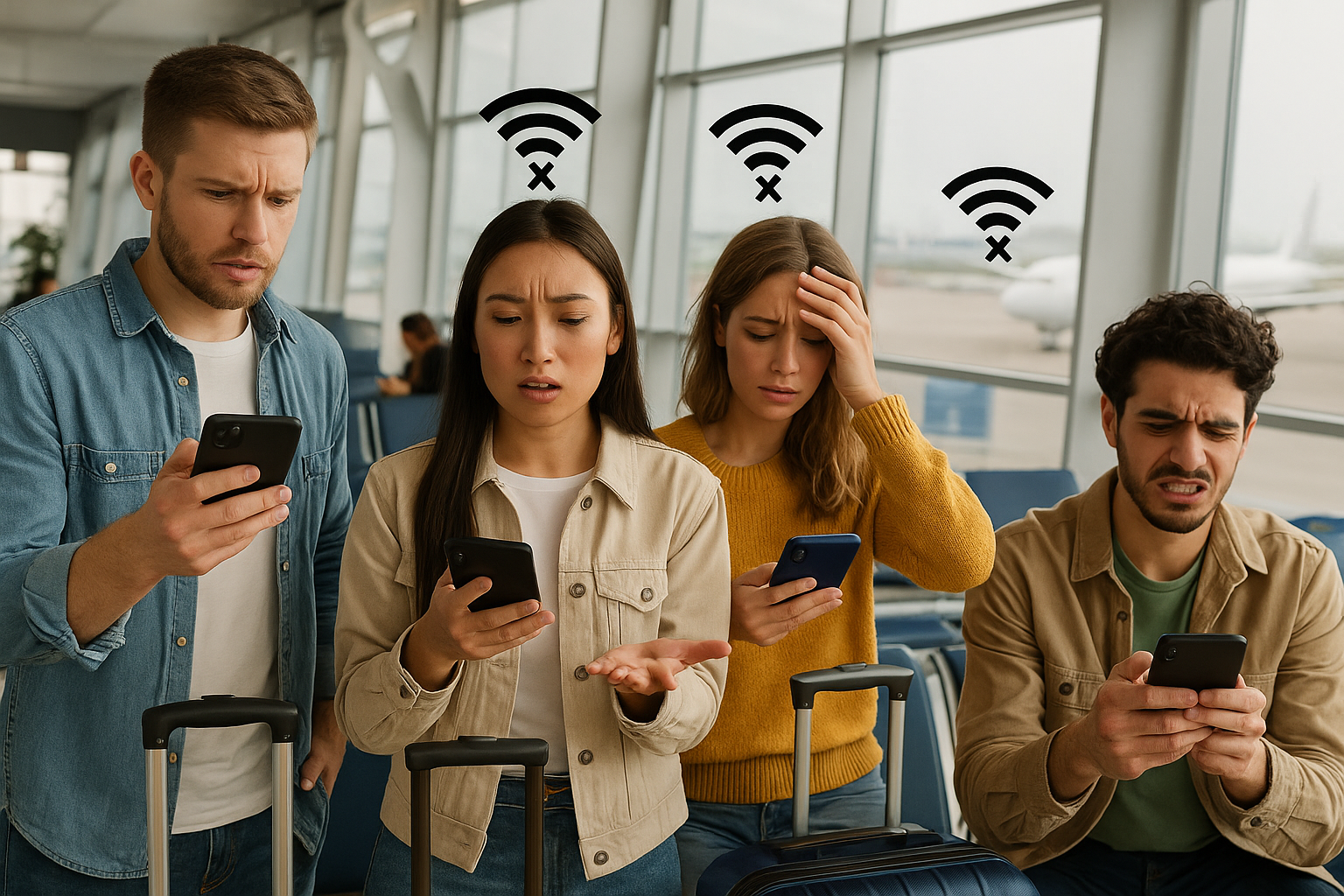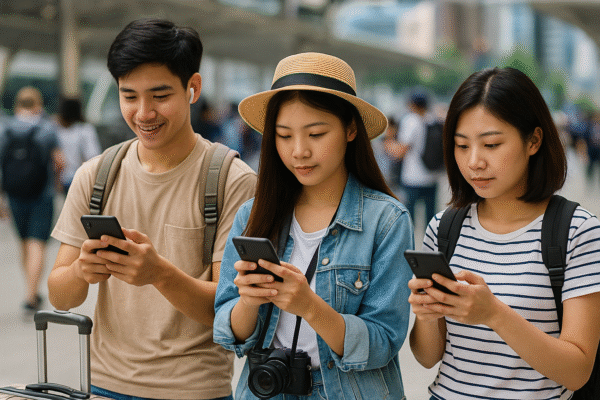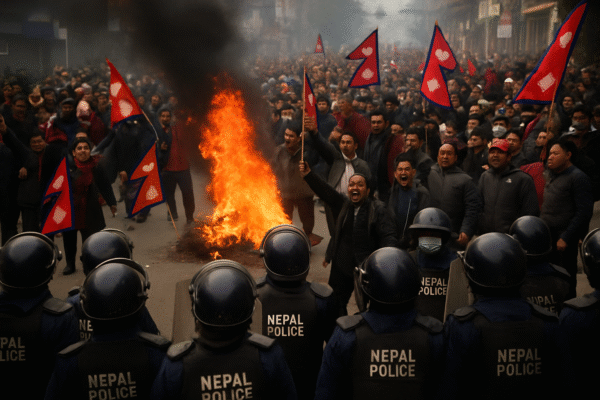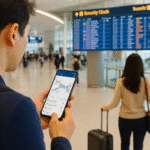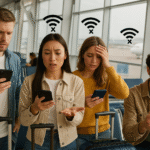In the age of digital connectivity, mobile applications have become indispensable tools for communication, shopping, travel, and entertainment. Yet with convenience comes growing concern over personal data privacy. A recent analysis has highlighted that Instagram, Facebook, Messenger, Threads, and other major platforms are among the most invasive apps used by Southeast Asian travellers, collecting and linking vast amounts of personal information directly to their users.
For travellers who depend heavily on digital tools while navigating airports, booking hotels, or finding dining options abroad, understanding the implications of this data collection is essential. The findings place Instagram and Facebook at the top of the list of invasive apps, reflecting their dominance in the region and their extensive use of personal data for commercial purposes.
What Makes an App Invasive?
An application is considered invasive when it collects large quantities of sensitive information that can be linked to individual users. Data types may include location tracking, browsing history, purchase behaviour, communication habits, and even health-related details.
The ranking of invasive apps is determined by three main factors:
- Total number of data types collected
- How much of that data is directly linked to the user’s identity
- The extent of data tracking across platforms or external services
Apps that score high across all three measures pose the most significant risks to user privacy.
Instagram and Facebook: Leaders in Data Collection
Instagram and Facebook, both owned by Meta, jointly occupy the top spot. Each collects 32 types of user data, with 25 categories directly linked to individuals and 7 categories actively tracked across other platforms.
This means these social platforms know far more than just users’ photos or posts. They retain information such as device details, geolocation, search activity, personal preferences, and engagement habits. The reason behind this intensive collection lies in advertising. Both platforms rely heavily on targeted ads, which are powered by profiling users through comprehensive data harvesting.
For Southeast Asian travellers, this means that every search for restaurants, flights, or tourist attractions could feed into highly personalized, and sometimes intrusive, ad campaigns.
Grab: Everyday App with Extensive Tracking
Ranking third is Grab, Southeast Asia’s super-app for taxis, food delivery, and digital payments. Grab collects 27 types of data, linking 8 to user identity and tracking 15 across platforms.
Its reliance on geolocation makes it particularly invasive. Every ride request, food delivery, or payment adds to a growing pool of personal movement and spending history. While these features help deliver fast and tailored services, they also create a detailed map of user behaviour, raising privacy questions for frequent travellers and commuters.
Threads, Messenger, and Meta Business Suite
Meta’s expanding ecosystem also includes Threads, Messenger, and Meta Business Suite, each collecting 32 categories of user data. Unlike Instagram and Facebook, however, these apps do not externally track data but still link everything they collect directly to the individual.
- Threads is designed for continuous conversation and engagement, requiring deep knowledge of user interactions.
- Messenger gathers location, device usage, and messaging details to optimize communication and advertising.
- Meta Business Suite allows businesses to manage ads and accounts, but it also amasses substantial user data in the process.
For Southeast Asian travellers using these apps to stay in touch with family or conduct business while abroad, the sheer scale of data linked to their identity highlights potential privacy risks.
Retail and Lifestyle Apps: Nordstrom, Pinterest, and AE + Aerie
Beyond social and ride-hailing platforms, shopping and lifestyle apps also make the list.
- Nordstrom Rack and Nordstrom collect 22 categories of data, with much of it tracked across platforms for targeted advertising.
- Pinterest gathers 29 data types, including browsing patterns, with 6 tracked externally to refine recommendations.
- AE + Aerie, popular among fashion-conscious travellers, collects 21 categories, linking personal and payment data to shopping preferences.
While these apps may seem less intrusive compared to Meta-owned platforms, they still contribute to the broader ecosystem of targeted advertising and behavioural tracking.
Why Data Collection Matters for Travellers
For travellers in Southeast Asia, where apps like Grab and Instagram are integral to daily routines, the trade-off between convenience and privacy has become increasingly significant. Relying on these apps abroad means continuously sharing personal information with companies that monetize data.
Risks include:
- Exposure to targeted advertising that may feel intrusive.
- Potential vulnerabilities if personal data is mishandled or shared with third parties.
- Loss of control over sensitive information such as real-time location and spending habits.
As digital adoption grows, travellers must strike a balance between enjoying app conveniences and safeguarding their personal privacy.
Protecting Privacy While Travelling
Although data collection cannot be avoided entirely, travellers can take steps to minimize exposure:
- Limit app permissions to only what is essential.
- Regularly review privacy settings.
- Use secure networks when travelling abroad.
- Consider alternative apps with stronger privacy protections.
Awareness is the first line of defense. By understanding which apps are most invasive, Southeast Asian travellers can make informed decisions about which services to use and how to manage their personal data responsibly.
Final Thoughts
The ranking of the most invasive apps shows that platforms widely used for communication, transport, shopping, and entertainment often come at the cost of privacy. With Instagram and Facebook topping the list, followed closely by Messenger, Threads, and Grab, the extent of data collection is a reminder of the hidden price behind “free” digital services.
For Southeast Asian travellers who depend heavily on mobile apps, this information is particularly important. By staying informed and cautious, users can continue enjoying the benefits of these platforms while taking practical steps to safeguard their privacy.
For more travel news like this, keep reading Global Travel Wire

